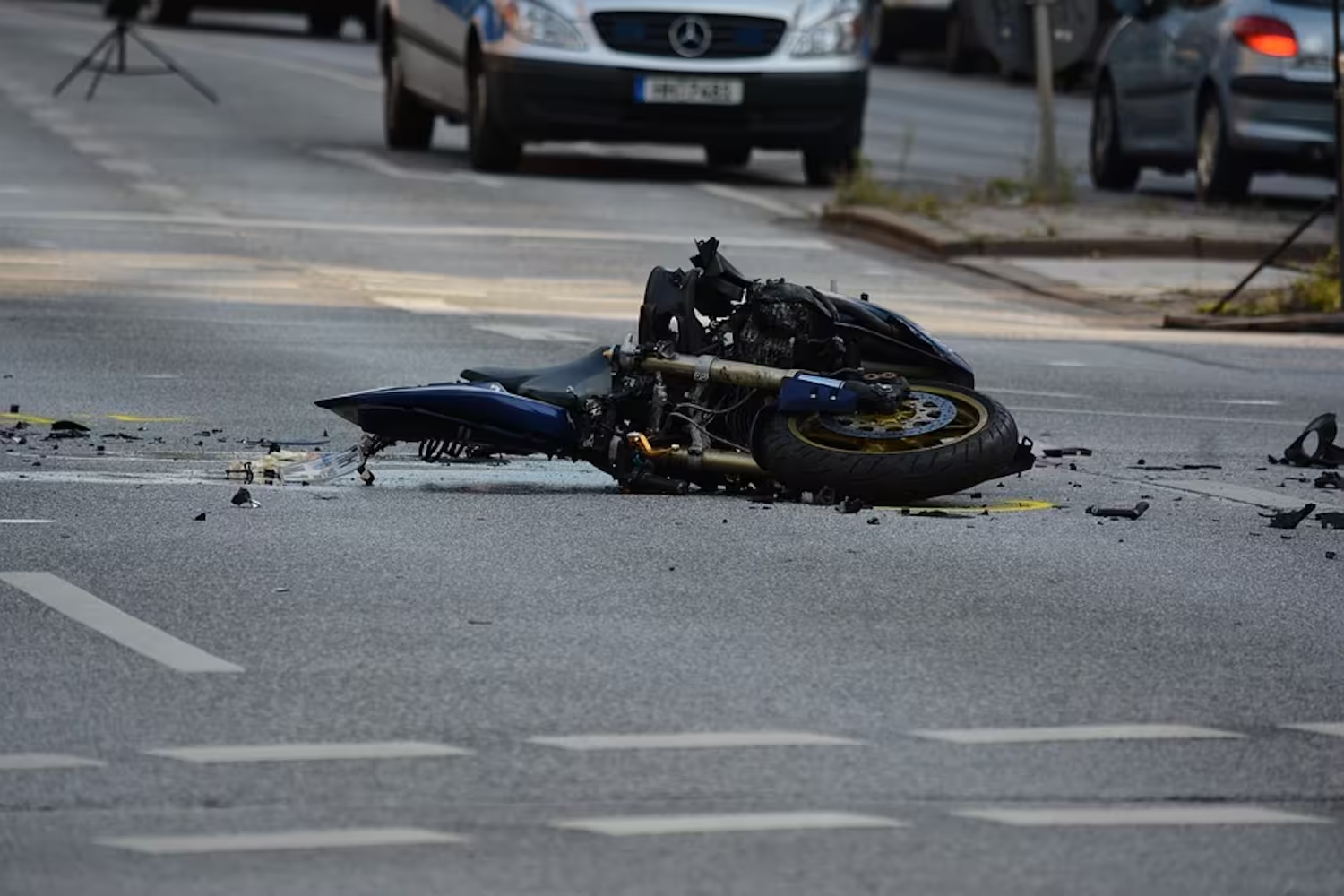Given the minimal protection that motorcycles offer compared to cars, injuries sustained in motorcycle crashes tend to be severe. Whether you’re dealing with physical pain, emotional distress, or property damage, it’s crucial to know the immediate steps to take after an accident to protect your health, legal rights, and future. This comprehensive guide explains the essential actions you should take following a motorcycle accident to safeguard yourself and ensure a smooth legal process.
Ensure Your Safety and Check for Injuries
The first and most important step following an accident is to ensure your safety and check for injuries. In the aftermath of an accident, adrenaline might mask the severity of your injuries, so take a moment to assess your physical condition carefully. Move yourself and your motorcycle off the road to avoid further accidents, especially in heavy traffic. However, do not attempt to move if you suspect a neck or spinal injury, as this could worsen the damage. In such cases, stay where you are and wait for emergency medical help.
Assess yourself for any injuries. Check for cuts, broken bones, head trauma, and other wounds. Even if you feel fine, you could have internal injuries that may not present symptoms immediately. Regardless of the accident’s severity, calling 911 as soon as possible is crucial. According to reputable motorcycle accident lawyers, emergency medical personnel can assess and treat any injuries on the scene, and the police will file a report, which will be essential for any insurance claims or legal actions later on. Prioritizing your safety and well-being is the most critical first step after an accident.
Call the Police and File an Accident Report
A police report documents key details and helps establish fault for insurance and legal purposes. It provides an account of the accident, including witness statements, a diagram of the scene, and the officer’s determination of who may be at fault. Proving liability or seeking compensation can be complicated without this report.
When the police arrive, provide an accurate and honest account of what happened. If you are unsure about certain aspects of the accident, it’s okay to tell the officer that you don’t know or don’t remember. After the accident, get a copy of the police report. This document will be…
Click Here to Read the Full Original Article at Paddock Magazine…

